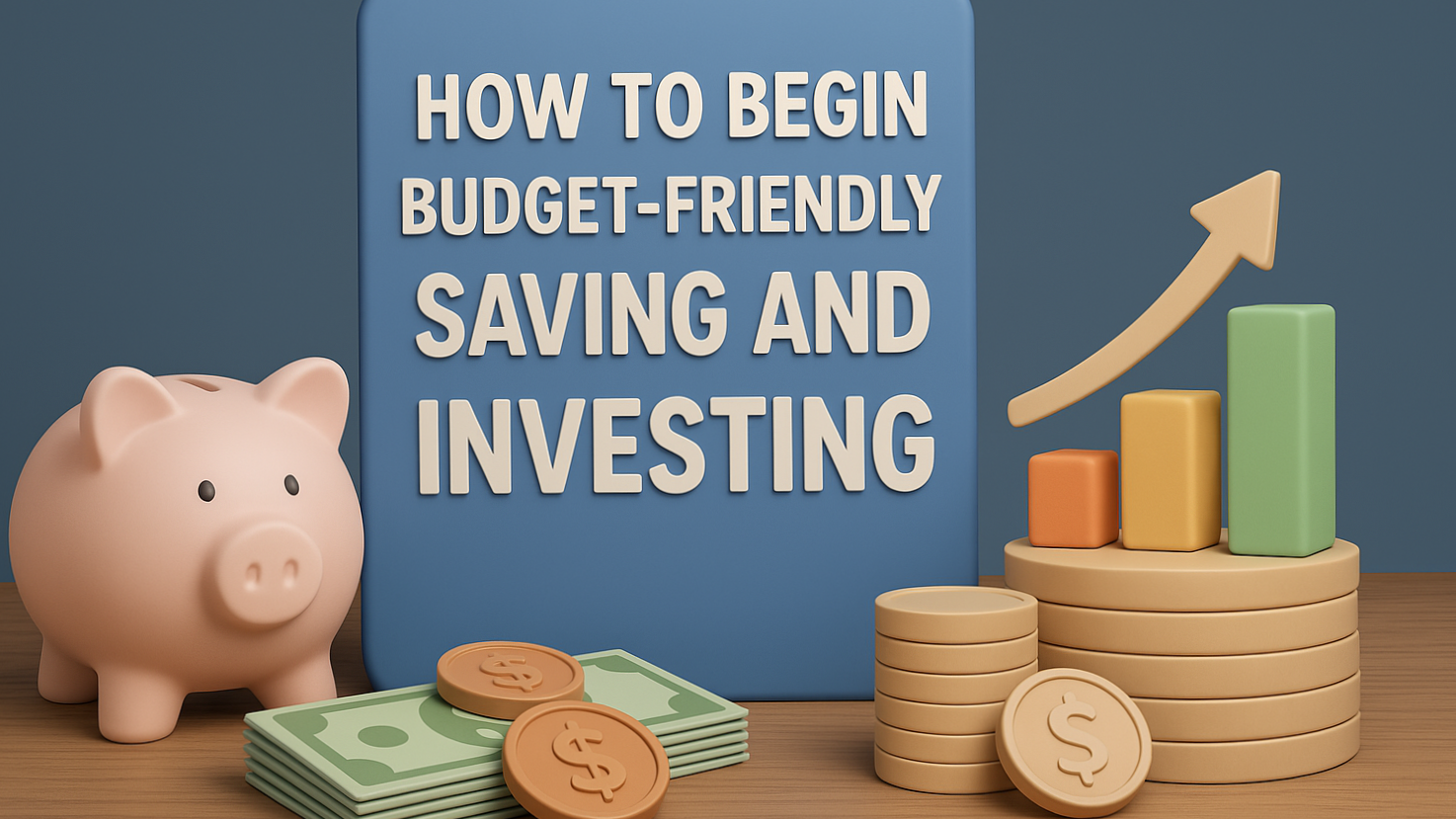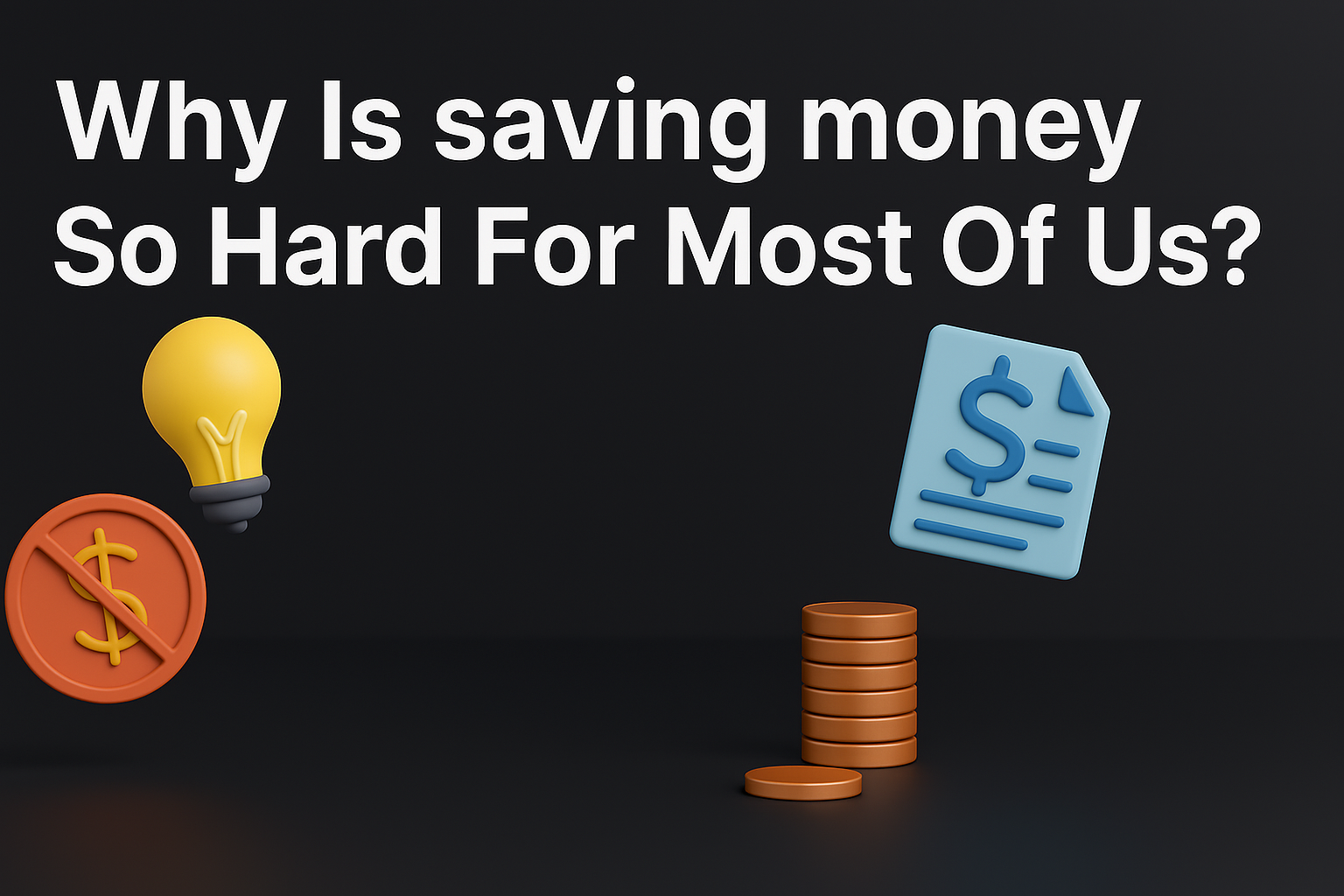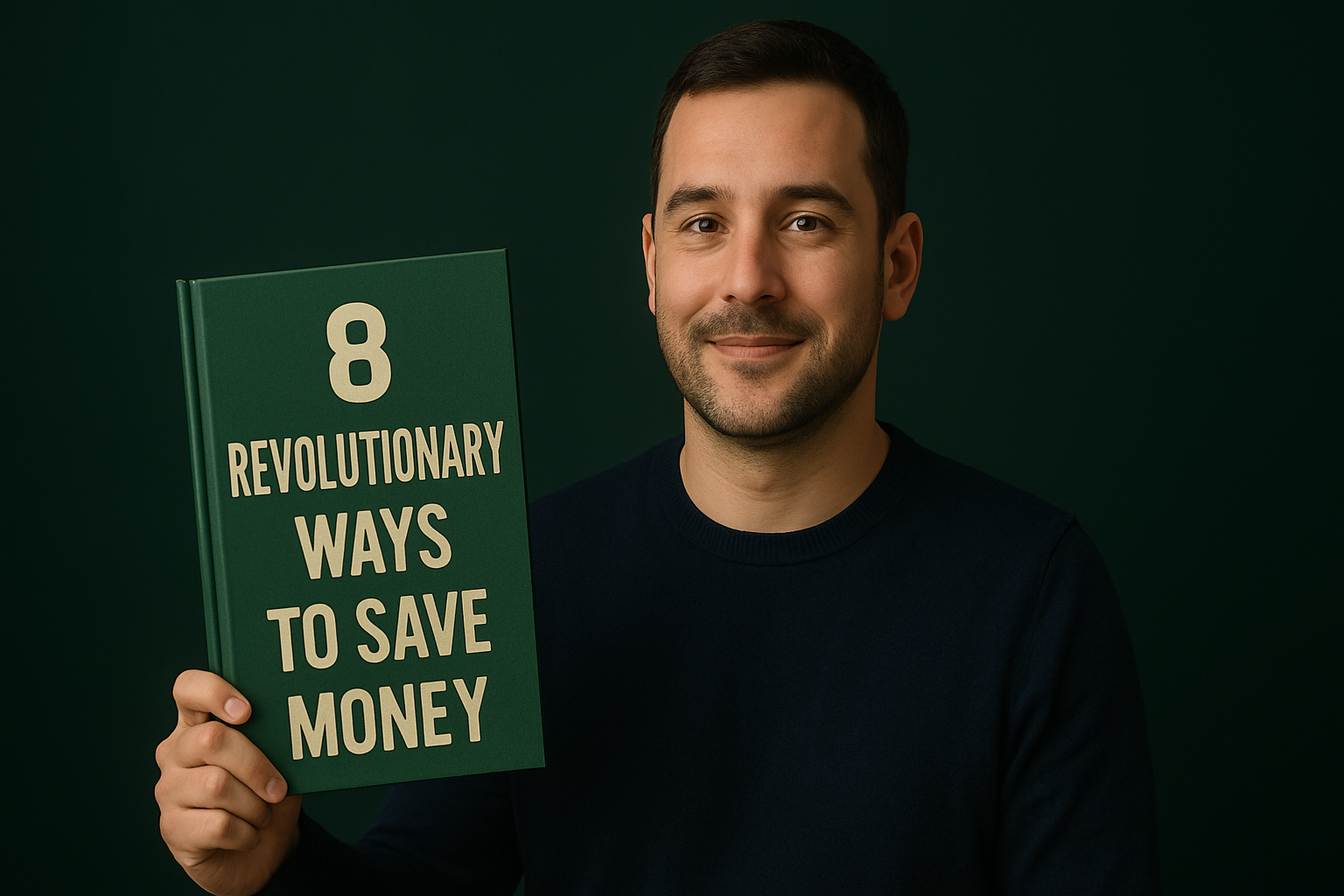Imagine waking up one day and realising you’ve been driving a car without ever learning the rules of the road. Scary, right? Yet, millions of Americans navigate their finances this way, making decisions about saving, investing, and spending without truly understanding how money works. Financial knowledge isn’t just for Wall Street experts; it’s the key to unlocking freedom, security, and opportunities. Whether you’re drowning in debt, living paycheck to paycheck, or want to grow your wealth, improving your financial literacy can change everything. This isn’t about memorising stock tickers or complex formulas; it’s about reshaping your mindset so you can make smarter choices with confidence. By the end of this guide, you’ll see money in a whole new light—and you’ll have the tools to take control of your financial future. https://tradetalks05.in//blog-single?slug=how-to-make-monthly-budget
Why Financial Knowledge is Your Greatest Asset- And Why Most People Ignore It.
Most people treat money as a mysterious force—something that comes and goes without their control. They blame the economy, their job, or even luck for their financial struggles, never realising that the real issue is a lack of knowledge. Think about it: schools teach algebra and history but rarely cover budgeting, investing, or credit scores. As a result, adults enter the real world unprepared, making costly mistakes like overspending on credit cards, avoiding retirement savings, or falling for get-rich-quick scams. The truth? Financial literacy is the ultimate equaliser. It doesn’t matter if you earn $30,000 or $300,000 a year—if you don’t understand how money flows, you’ll always feel broke. But when you take the time to learn, you transform from a passive observer of your finances to an active architect of your wealth.
Real-Life Example: Sarah, a 28-year-old teacher, was drowning in $25,000 of credit card debt. She thought she was "bad with money" until she discovered personal finance podcasts and books. Within two years, she paid off her debt, built an emergency fund, and started investing. Her income didn’t change—her knowledge did.
Start With the Basics: Budgeting and Tracking Your Money.
Before you can master investing or wealth-building, you need to know where your money is going. Budgeting isn’t about restriction; it’s about awareness. Imagine your finances as a GPS—if you don’t know your starting point, how can you reach your destination? Tools like the *50/30/20 rule* (50% needs, 30% wants, 20% savings/debt repayment) or zero-based budgeting (every dollar has a job) can help you take control. But budgeting alone isn’t enough—tracking your spending is crucial. Apps like Mint, YNAB (You Need A Budget), or even a simple spreadsheet can reveal eye-opening patterns. You might discover you’re spending $200 a month on coffee or $500 on subscriptions you don’t use. Small leaks sink great ships, and those unnoticed expenses add up over time.
Pro Tip: Automate your finances. Set up automatic transfers to savings, investments, and bill payments. This removes temptation and ensures you pay yourself first.
Demystifying Debt: How to Use It Wisely (Or Escape It)
Not all debt is bad—mortgages and student loans can be investments in your future. But high-interest debt (like credit cards) is a wealth killer. The average American has over $6,000 in credit card debt, with interest rates as high as 25%. If you’re stuck in this cycle, strategies like the *debt snowball* (paying off smallest debts first for motivation) or *debt avalanche* (tackling high-interest debt first) can help. Meanwhile, if you have good credit, leverage low-interest loans for assets that appreciate, like education or real estate. The key is understanding the difference between *productive debt* (builds value) and *destructive debt* (drains your resources).
Real-Life Example:- Mike, a small business owner, consolidated his $40,000 credit card debt into a lower-interest personal loan, saving thousands in interest. He then used cash flow strategies to pay it off in three years instead of ten.
The Power of Investing: Making Your Money Work for You.
Saving money is safe, but investing is how you grow wealth. Thanks to compound interest, even small, consistent investments can turn into life-changing sums. If you invested just $300 a month with a 7% return (the stock market’s average), you’d have over *$500,000 in 30 years. Start with retirement accounts like a **401(k) or IRA*, then explore low-cost index funds (like those from Vanguard or Fidelity). Don’t fall for the myth that investing is only for the rich—apps like Robinhood or Acorns let you start with as little as $5. The biggest mistake? Letting fear keep you on the sidelines. Time in the market beats timing the market.
Pro Tip; Read The Simple Path to Wealth by JL Collins or The Bogleheads’ Guide to Investing for beginner-friendly advice.
Building Multiple Income Streams: Why Your Job Shouldn’t Be Your Only Source of Money.
Relying on a single paycheck is risky. The wealthiest people don’t just earn—they create income streams. This could mean a side hustle (freelancing, tutoring), passive income (rental properties, dividends), or even turning a hobby into profit. The gig economy offers endless opportunities: Uber, Etsy, Fiverr, or YouTube. The goal? Diversify so that if one stream dries up, you’re not left scrambling.
Real-Life Example: Lisa, a nurse, started a blog about health tips as a hobby. Within two years, affiliate marketing and ads turned it into a $3,000/month passive income stream.
Staying Curious: Commit to Lifelong Financial Learning.
Financial knowledge isn’t a one-time lesson—it’s a lifelong journey. Follow experts like Dave Ramsey (debt-free living), Ramit Sethi (smart spending), or Robert Kiyosaki (investing mindset). Listen to podcasts (The Dave Ramsey Show, BiggerPockets Money), take free courses (Coursera, Khan Academy), or join online communities (Reddit’s r/personalfinance). The more you learn, the more confident you’ll become.
Your Financial Freedom Starts Today.
Money isn’t just numbers—it’s choices, security, and freedom. By improving your financial knowledge, you’re not just learning about dollars; you’re rewriting your future. Start small, stay consistent, and watch how your life transforms. *Ready to take control?* Subscribe for more insights, hit the notification bell, and let’s build wealth together—one smart decision at a time. What’s the first financial habit you’ll change? Share in the comments!



.png)
 Tajib Ali
Tajib Ali







Comments (0)
Leave a Comment